The Family Support Programs Department at Prevent Child Abuse Vermont (PCAVT) partnered with UVM’s Larner School of Medicine to conduct research on the lasting impacts of parent educational support groups on supportive parenting attitudes and skills shown in research to reduce abuse and speed reunification when families are separated. Medical students conducted the study by augmenting data gathered by PCAVT prior to group participation and 6 months post-participation with new assessments and interviews conducted more than 6 months after graduation from the program. The findings suggest lasting improvement in four categories: developmentally appropriate expectations of children, parental empathy, appropriate parent-child roles, and supporting children’s power and independence. Reunification was a positive outcome experienced by more than half of families that had been separated while attending the groups. This indicates that utilizing educational family support groups as a strategy for improving family functioning creates long lasting change.
Background
Children who experience, or may be at risk for, abuse or neglect are at elevated risk for a wide range of challenges in areas such as social and emotional development, physical health, educational attainment, and later impacts of exposure to trauma. Research indicates that positive parenting practices can be learned, and that group training is productive in improving parenting behaviors (Bavolek, 2021). PCAVT implements an array of parent education programs aimed at promoting and supporting healthy relationships in families, including families with children at risk for entering the foster care system. At parenting groups, parents learn positive discipline strategies, developmental milestones, empathetic parenting techniques, and problem solving and coping tactics.
The Research
This research project was conducted by eight medical students, Elzerie de Jager, MBBS PhD as UVM Faculty Mentor and Michelle Richling M.Ed, Family Support Director at PCAVT as the Community Mentor.
The goal was to measure changes in parenting beliefs more than 6 months after graduating from a parent support program. The evaluation was both quantitative and qualitative. The Adult Adolescent Parenting Inventory, a valid and reliable tool to measure parenting belief and attitudes, was used as well as additional items to discover if the parents were implementing the skills they learned ongoing and to know if graduates of the program who did not have custody of their children had reunited with them.
The survey was administered to 321 past participants of PCAVT’s Family Support Programs who had graduated within the past 3 years.
This study found that post-attendance family reunification was common and that parents’ ability to parent in healthy ways was improved. The findings suggest lasting improvement in four of five constructs of the AAPI: developmentally appropriate expectations of children, parental empathy, appropriate parent-child roles, and supporting children’s power and independence. As one study participant put it, “I’m learning self-regulation skills and understanding developmentally where my children are which allows me to see them and not react”. Among families who were separated from their children prior to graduation, more than half of the parents had regained custody. These findings indicate that utilizing educational family support groups as a strategy for improving parental skills is effective and is associated with shorter foster care stays (Baroni, et al., 2025).
These findings will be used to inform the future implementation of educational parenting support groups conducted by PCAVT and help support the development of similarly effective approaches.
References
Bavolek, S. J. (2021). Assessing and treating high-risk parenting attitudes. In Child Abuse and Neglect (pp. 97-110). Routledge.
Tanner Baroni, Clara Goebel, Grace Kim, Elizabeth Medve, Sung Bin Roh, Benjamin Sebuufu, Eunice Suberu, MS, Shannon Wasley, Elzerie de Jager, MBBS, PhD , Michelle Richling M. Ed Larner College of Medicine at the University of Vermont, (2025). “Prevent Child Abuse Vermont Child Abuse Vermont Demonstrates the Long-Term Benefits of the Nurturing Parenting® Programs in Improving Parents' Attitudes Toward Their Children.”

